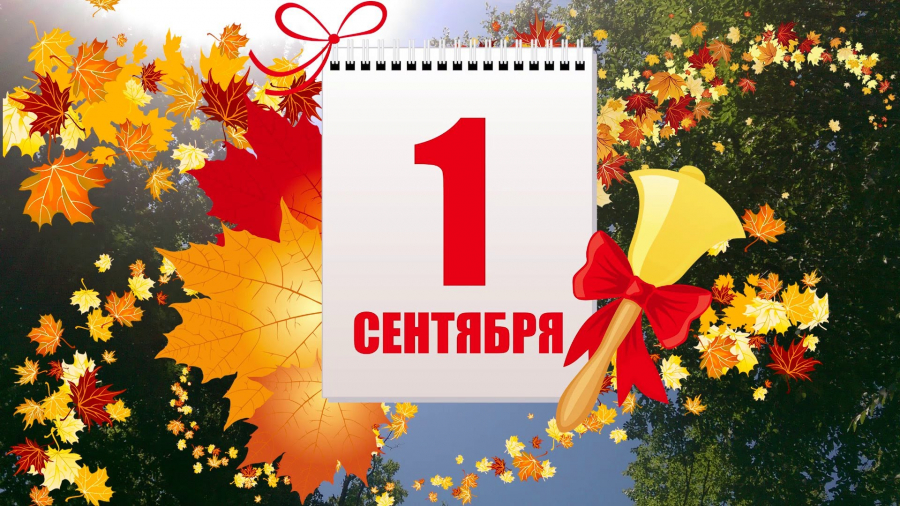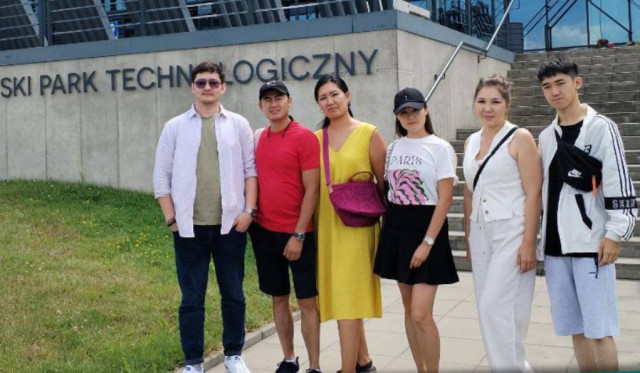
May 1 has been celebrated in Kazakhstan as People’s Unity Day since 1996. With representatives of different ethnic groups living under one shanyrak, the country has become a model of interethnic harmony and unity for the whole world. A unique institution, the Assembly of the People of Kazakhstan, has been established in the country to address issues related to interethnic harmony.
“Representatives of various ethno-cultural centers in Kazakhstan are provided with all the necessary conditions to maintain and strengthen the development of their culture and language. Additionally, members of the Assembly of the People of Kazakhstan represent the interests of ethnic groups at the legislative level in the Kazakh Parliament. All of this shows that Kazakhstan serves as a great example of tolerance,” Tlegen Sadykov, Doctor of Historical Sciences and Professor at Gumilyov Eurasian National University, said.
To date, representatives of 130 ethnic groups live in Kazakhstan. The deportation of peoples to the country ordered by the Soviet authorities dates back to 1920-1940s. Kazakhs provided shelter for those who were forced to leave their homes, helping them to overcome hardships and survive. The large-scale deportation brought thousands of families from different parts of the Soviet Union to Kazakhstan, including representatives of the Azerbaijani diaspora, whose number is currently estimated at more than 200,000 in the country.
“Azerbaijanis and Kazakhs are Turkic brotherly peoples who live together in one country as one family, with shared ancestry. I have many Kazakh friends and we celebrate weddings and events together as one family,” Zakariya Nakhmetov, Deputy Chairman of Azerbaijani Ethno-Cultural Center, said.
According to the latest data, the population of Kazakhstan exceeds 19.8 million people. 70 percent of them are Kazakhs, and almost a third of the population are representatives of other various ethnic groups. All citizens hold firm to the inviolable values of unity, peace and harmony, which symbolizes the uniqueness of Kazakh national identity, the experts emphasize.









